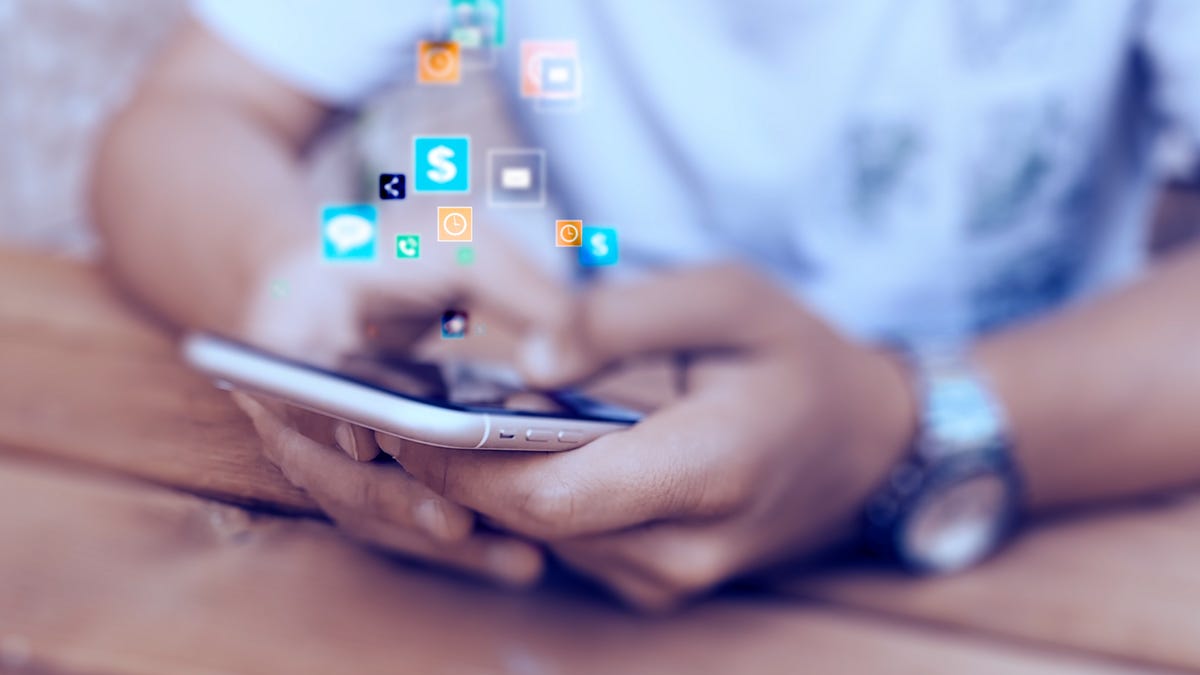2-minute read
New York pushes for school smartphone bans due to ‘addictive’ nature
New York Gov. Kathy Hochul called for legislation to ban smartphones in schools because of their addictive nature.
- Cell phones in schools are hindering student safety, belonging, and learning by creating distractions and anxiety.
- Students are increasingly turning to their devices instead of real-time support from peers and staff when facing academic or social challenges.
- Gov. Kathy Hochul’s “bell-to-bell” proposal aims to restrict cell phone use in schools to create a more focused learning environment.
- Removing cell phones from schools can foster genuine social connections and reduce feelings of loneliness and depression often associated with excessive smartphone use.
It is past time to recognize the insidious use of cellphones in schools. Now ubiquitous in our schools, cell phones are everyday undermining our student’s fundamental needs for safety, belonging and learning. State lawmakers need to pass Gov. Kathy Hochul’s “bell-to-bell” proposal for distraction-free schools within the upcoming atate budget.
I serve as a school counselor and as the president of the New York State School Counselor Association. I know firsthand how children flourish in an environment based on trust and belonging. These feelings take root and grow through the nurturing of human relationships. Electronic devices and social media are supplanting these fundamental needs, creating a generation of anxious and distracted students, unable to focus. Struggling to learn. Failing to socialize.
Earlier this school year, I was called upon to intervene following a student altercation. One of my shining students, whom I see as mature and responsible, instigated a yelling match because her cell phone battery died and cut her off from her ability to text. Driven by anxiety, she began to fight for her right to use someone else’s phone. This situation clearly demonstrates how cell phones are driving a wedge between the friends and educators that compose our school communities.
I began my career as an elementary school counselor before the inception of the world-wide-web. Imagine, a time when parents trusted a community of adults to care for their child as they navigated their school day. In turn, children trusted the system as well. Now, students carry devices, “just in case.” And as a result, when confronted with an academic or social problem, too often a student’s first impulse is to reach for their phone instead of turning to a caring friend or member of school staff positioned to help in real time.
School counselors all over the state are stepping up to intervene because cell phone use erodes genuine social connections. As children grow, there is a developmental need to be accepted by a peer group in order to form a strong sense of identity. Social media platforms give a false feeling of belonging. Researchers have found there is a significant correlation between “duration of smartphone use and levels of smartphone addiction, loneliness and depression.”
How do we combat this? Remove the devices. Allow our children to focus their attention on teachers who want nothing more than to teach. Make friends in lunchrooms, rather than pull up YouTube. These trusting bonds will allow students to feel safety and belonging. When these foundational needs are met, students are then ready to learn.
Hochul’s proposal recognizes that cell phones in school are incompatible with our educational goals. Anything less than a bell-to-bell restriction keeps the status quo in place and will continue to hinder student’s ability to integrate experiences and develop the grit needed to persevere and learn. Cell phone-free spaces foster communities where students feel safe, build genuine connections and are fully engaged in the learning process. Without a device between them, students will begin again to use their eyes to see the world for all its beauty and potential.
Let’s prioritize human interactions over digital dependence, ensuring our children have the best environment to grow, learn and thrive.
Lysa Mullady is a school counselor and serves as president of the New York State School Counselor Association (NYSSCA).


